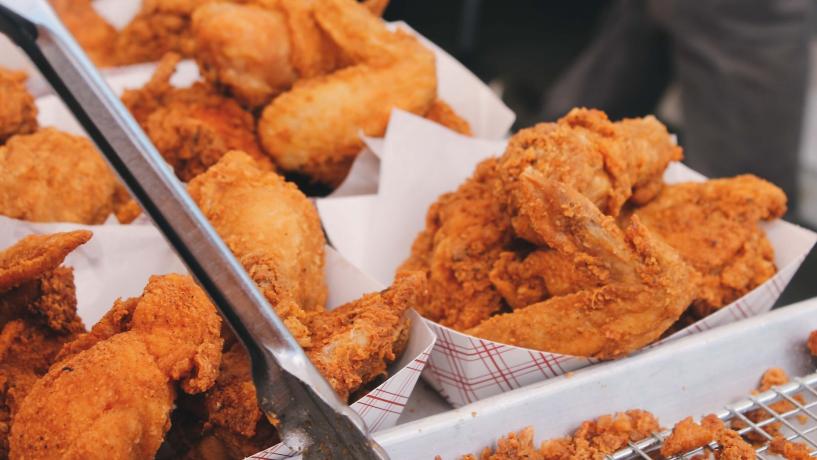
In order to ensure that all food handled, prepared and stored in Brisbane food businesses is safe to eat, the business is typically required to nominate a staff member to perform the role of Food Safety Supervisor.
The aim of this role is to train and monitor the business’s staff in the correct food safety practices, in order to keep the staff, the customers and the business safe.
As well as the Food Safety Supervisor requirement, food businesses in Brisbane are obligated to ensure that all food handlers are appropriately trained in food safety. For the staff who will be handling food but who won’t be supervising staff in food safety, there is the Food Handler course.
What is the role of a Food Safety Supervisor in a Brisbane food business?
The Food Safety Supervisor of a Brisbane food business must perform many food safety related tasks as part of their position. These include – training and monitoring staff in food safety, maintaining the Food Safety Plan, liaising with the local food authority and remaining up-to-date with relevant food safety standards and legislation.
In order to be able to perform the role of Food Safety Supervisor, Queensland’s local food authorities often require the business to employ someone who holds a valid Statement of Attainment. This qualification must be issued by a nationally recognised Registered Training Organisation (RTO).
According to the Queensland Department of Health, the Food Safety Supervisor of a food business is a person who:
- knows how to recognise, prevent and alleviate food safety hazards in the food business
- has skills and knowledge in matters relating to food safety relevant to the food business
- has the authority to supervise and give directions about matters relating to food safety to persons who handle food in the food business
- is ‘reasonably available’ to be contacted by the local government that issued the licence and persons who handle food in the food business while the food business is being carried on
Referring to a Food Safety Supervisor being ‘reasonably available’ means that although they do not have to physically be on the premises during all operating hours, they do have to be able to be contacted by the business’s food handlers and the local council’s health unit when food is being handled on the premises.
The Food Safety Supervisor is also required to maintain the business’s food safety program. This is a ‘live’ document which must constantly be kept up to date. It will include food safety records and things such as – temperature logs, cleaning schedules, pest control logs and all other relevant food safety documents.
What are the different Food Sectors in Brisbane?
Food sectors act as training guides for the different types of food businesses. Because food businesses are all so different, there is not simply one set of food safety rules that applies to them all. The food sectors each refer to a specific category of food businesses and outline the training which must be completed in order to gain all of the necessary Food Safety Supervisor knowledge for businesses that fall into each sector.
Brisbane’s local councils recognise the national units of competency for each of the food sectors, which are listed below:
Hospitality & Retail
SIRRFSA001 Handle food safely in a retail environment OR SITXFSA001 Use hygienic practices for food safety & SITXFSA002 Participate in safe food handling practices.
The Retail and Hospitality food sector includes food businesses that prepare and sell food through retail businesses – for example, restaurants, cafés, caterers, convenience stores and service stations, greengrocers, take-away stores, hotels, supermarkets, delicatessens, retail markets and stalls.
Food Processing
FBPFSY1001 Follow work procedures to maintain food safety & FBPFSY2001 Implement the food safety program and procedures
Food Processing food sector includes food businesses that manufacture food – for example, wholesale bakers, airline caterers, breweries, flour mills, pre‐prepared meals and wine producers.
Health & Community Services
HLTFSE001 Follow basic food safety practice & HLTFSE007 Oversee the day-to-day implementation of food safety in the workplace & HLTFSE005 Apply and monitor food safety requirements.
The Health and Community Services food sector refers to food businesses which handle, prepare or sell foods to vulnerable people – for example, food prepared for hospitals, nursing homes, hostels, meals on wheels and childcare centres.
Transport & Distribution
SITXFSA001 Use hygienic practices for food safety & SITXFSA002 Participate in safe food handling practices
Transport and Distribution food sector includes food businesses that do not actually prepare food but instead handle, store or transport food – for example, food distribution, water carriers and warehouses.
You can find more information about Food Safety Supervisor training here.





